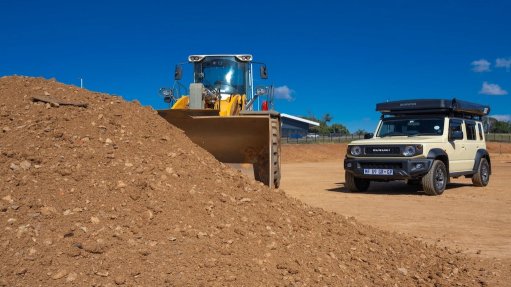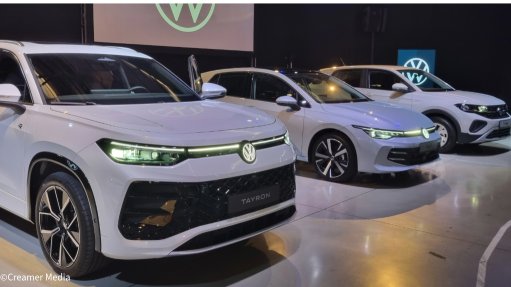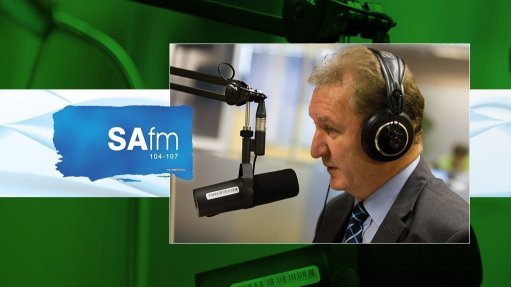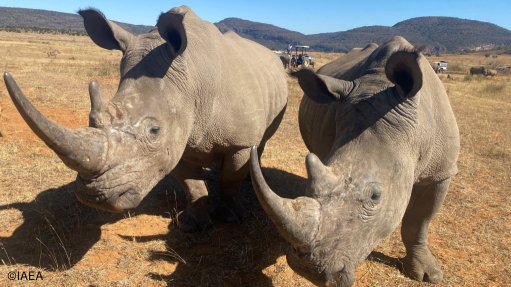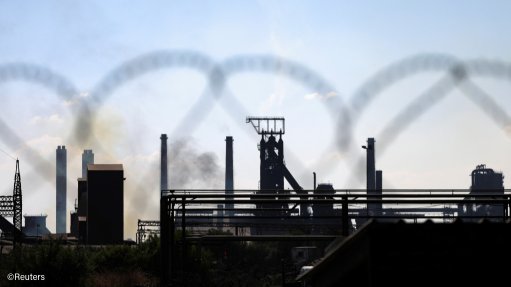Gibela delivers its first South African made train to PRASA

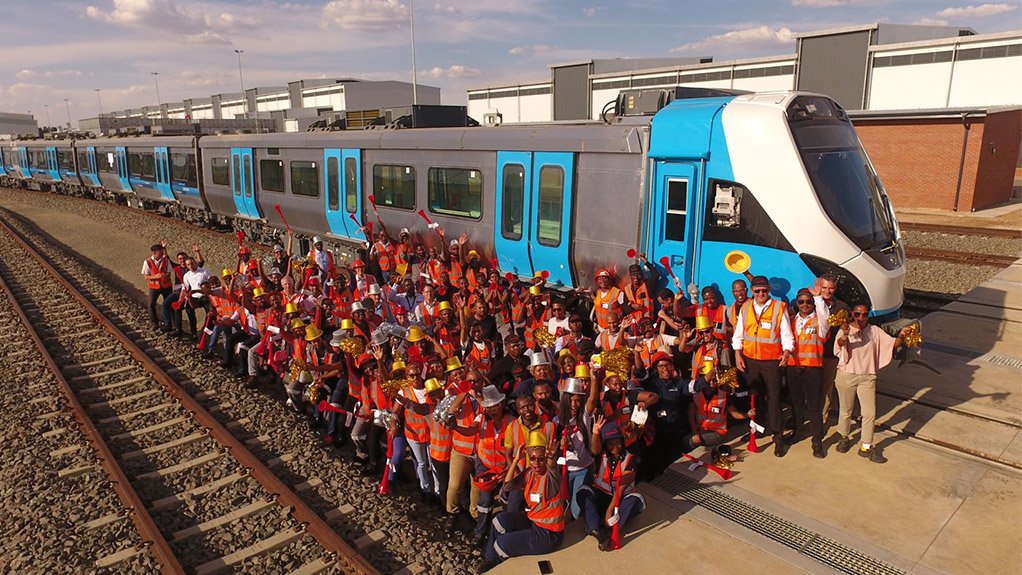
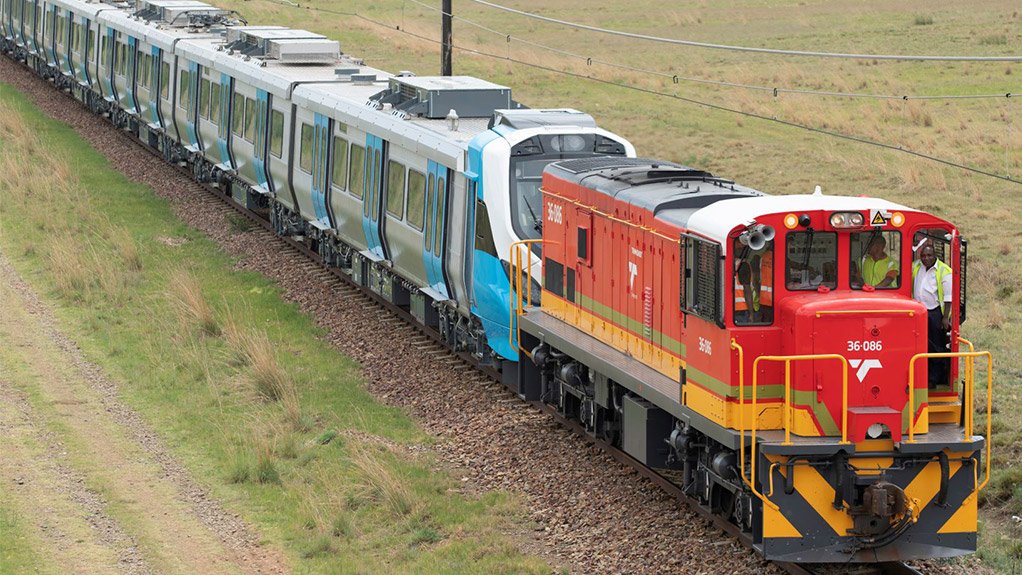
The first South African-built X’trapolis Mega commuter train on its way to the Wolmerton depot
The first South African-built X’trapolis Mega commuter train on its way to the Wolmerton depot
Gibela has delivered its first South African-built X’trapolis Mega commuter train to the Passenger Rail Agency of South Africa (PRASA).
The train was dispatched from Gibela’s new train manufacturing complex at Dunnottar, in Ekurhuleni, this week, travelling to Prasa’s Wolmerton depot, north of Pretoria.
The train has taken 14 months to complete, with production having started in September 2017, says Gibela CEO Thierry Darthout.
“This train has been built while finishing construction of one of the largest manufacturing plants in the world.
“Coordinating multiple processes and reaching these major milestones at the same time is an achievement in and of itself,” he notes.
“Seeing off this modern train, the first in a generation, I am reminded that every hour devoted by Gibela’s dynamic and aspirational team has been worth it. This train is for them – and for their fellow South Africans.
“We are hugely indebted to our majority shareholder, Alstom, for the invaluable support they have given us in the transfer of technology programme that enabled today’s feat, and also for their continued support of our operational endeavours.”
Gibela currently employs around 800 people to built the trains, with about 100 local supplier providing the various components, as well as a number of services.
At full production, the plant will employ 1 500 people.
Already the next two locally built trains are undergoing testing and commissioning, with 16 cars in the fitting workshop and 23 in the car body-shell workshop.
At full production, the Gibela plant will turn out 62 trains a year, which is a total of 580 trains over the next ten years.
This will be the fastest train production rate in the world.
PRASA strategic asset development group executive Piet Sebola describes the new trains as “a safe, reliable and comfortable commuting experience”.
Gibela was formed as a joint venture to replace PRASA’s outdated rolling stock and has to deliver 600 new passenger trains over the next ten years.
Of these 600 trains, 580 will be built in South Africa.
Comments
Press Office
Announcements
What's On
Subscribe to improve your user experience...
Option 1 (equivalent of R125 a month):
Receive a weekly copy of Creamer Media's Engineering News & Mining Weekly magazine
(print copy for those in South Africa and e-magazine for those outside of South Africa)
Receive daily email newsletters
Access to full search results
Access archive of magazine back copies
Access to Projects in Progress
Access to ONE Research Report of your choice in PDF format
Option 2 (equivalent of R375 a month):
All benefits from Option 1
PLUS
Access to Creamer Media's Research Channel Africa for ALL Research Reports, in PDF format, on various industrial and mining sectors
including Electricity; Water; Energy Transition; Hydrogen; Roads, Rail and Ports; Coal; Gold; Platinum; Battery Metals; etc.
Already a subscriber?
Forgotten your password?
Receive weekly copy of Creamer Media's Engineering News & Mining Weekly magazine (print copy for those in South Africa and e-magazine for those outside of South Africa)
➕
Recieve daily email newsletters
➕
Access to full search results
➕
Access archive of magazine back copies
➕
Access to Projects in Progress
➕
Access to ONE Research Report of your choice in PDF format
RESEARCH CHANNEL AFRICA
R4500 (equivalent of R375 a month)
SUBSCRIBEAll benefits from Option 1
➕
Access to Creamer Media's Research Channel Africa for ALL Research Reports on various industrial and mining sectors, in PDF format, including on:
Electricity
➕
Water
➕
Energy Transition
➕
Hydrogen
➕
Roads, Rail and Ports
➕
Coal
➕
Gold
➕
Platinum
➕
Battery Metals
➕
etc.
Receive all benefits from Option 1 or Option 2 delivered to numerous people at your company
➕
Multiple User names and Passwords for simultaneous log-ins
➕
Intranet integration access to all in your organisation









